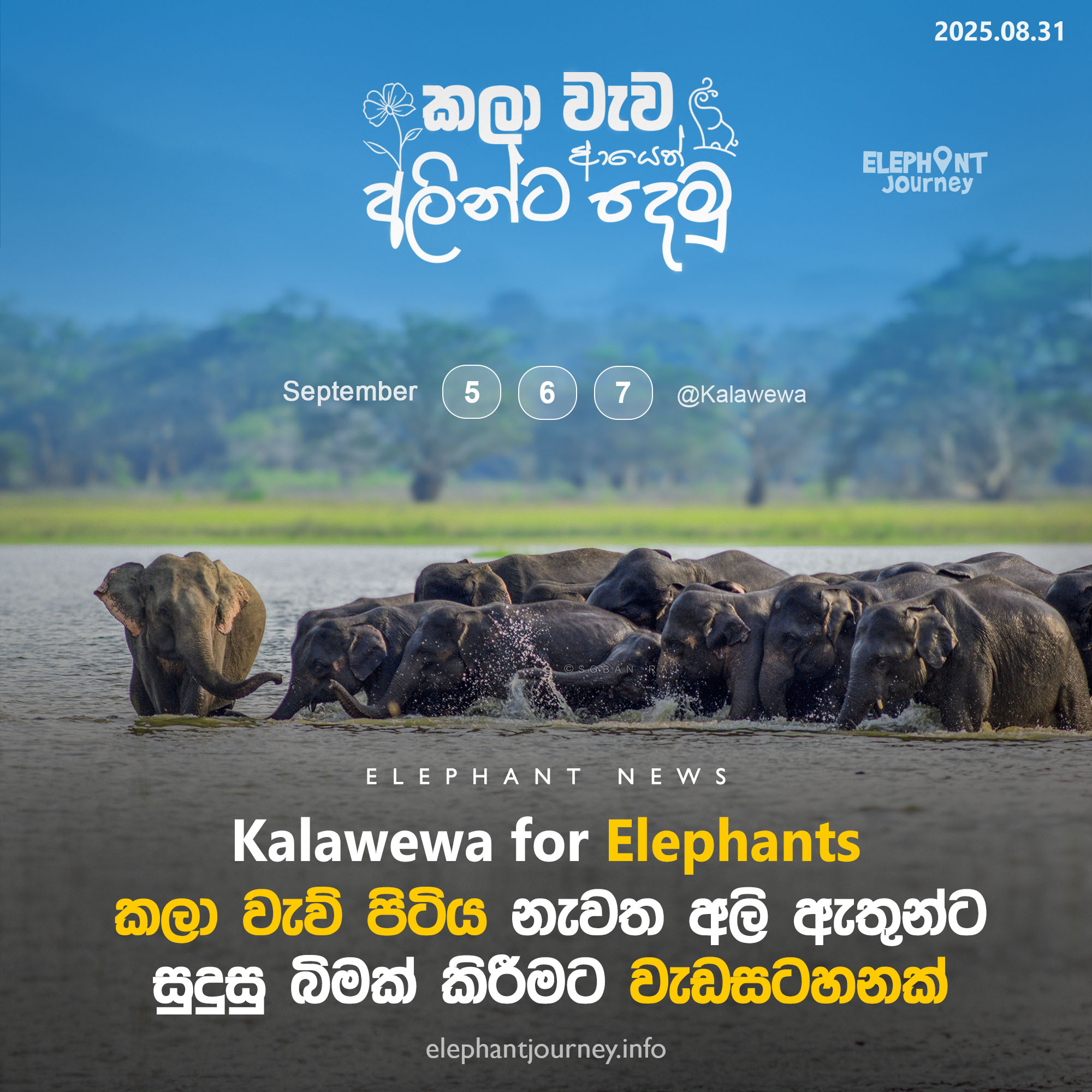
Kala Wewa National Park Grassland Restoration Program
The ecosystem surrounding Kala Wewa, once revered as the royal domain of the elephants roam around north central province of Sri Lanka, has faced severe environmental threats over the past few decades. These threats have arisen both from human activities and from natural causes. Among the most pressing issues is the rapid spread of water hyacinth (Eichhornia crassipes), an invasive plant species that has severely hindered the regeneration of grasslands during the dry season.
As a result, the natural grasslands, once the primary food source for hundreds of elephants inhabiting and migrating through Kala Wewa National Park have been drastically diminished. The loss of this vital food supply has forced elephant herds to raid nearby villages, intensifying the human-elephant conflict to unprecedented levels. Tragically, this escalating conflict has already led to the loss of almost all the iconic tuskers that once roamed freely in the Kala Wewa ecosystem.
To restore the Kala Wewa ecosystem and ensure that future generations have the opportunity to witness majestic tuskers like the late Walagamba, Revatha, Barana, Deegha 1, Deegha 2, who roamed the park in years past. This project has been initiated to completely eradicate the invasive water hyacinth from the Kala Wewa environment. The initiative has already secured the necessary approvals, endorsements, and strong support from civil society organizations as well as all relevant state authorities.
The project is scheduled to take place on September 5th, 6th, and 7th, with the direct involvement of the following institutions and organizations:
Clean Sri Lanka Office
Department of Wildlife Conservation
Mahaweli Authority
Tri-Forces (Army, Navy, and Air Force)
Wild Tuskers Sri Lanka
Local Government Authorities
In alignment with the conservation protocols of the Department of Wildlife Conservation, the invasive plant removal will be carried out entirely through manual labor without the use of machinery, ensuring minimal disturbance and damage to the ecosystem.
We respectfully seek your valuable support and participation in this noble initiative, which is dedicated to safeguarding the elephants of Sri Lanka and protecting the natural heritage of Kala Wewa for generations to come.
Loading comments...